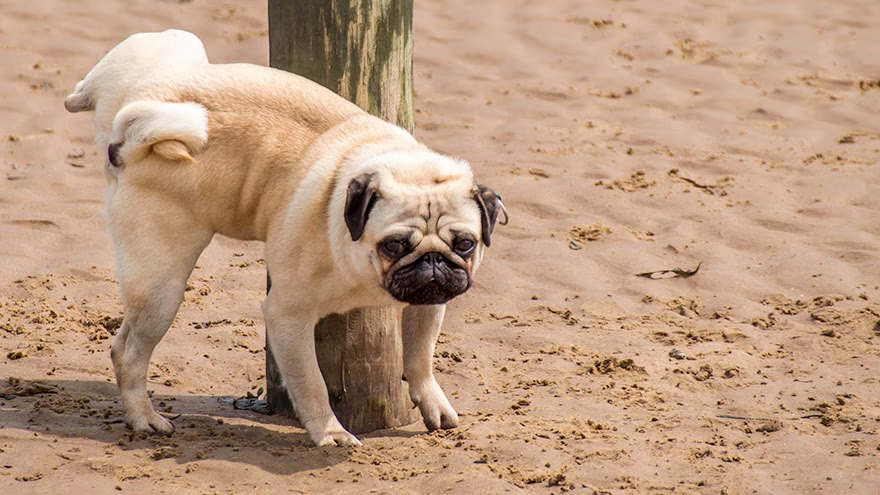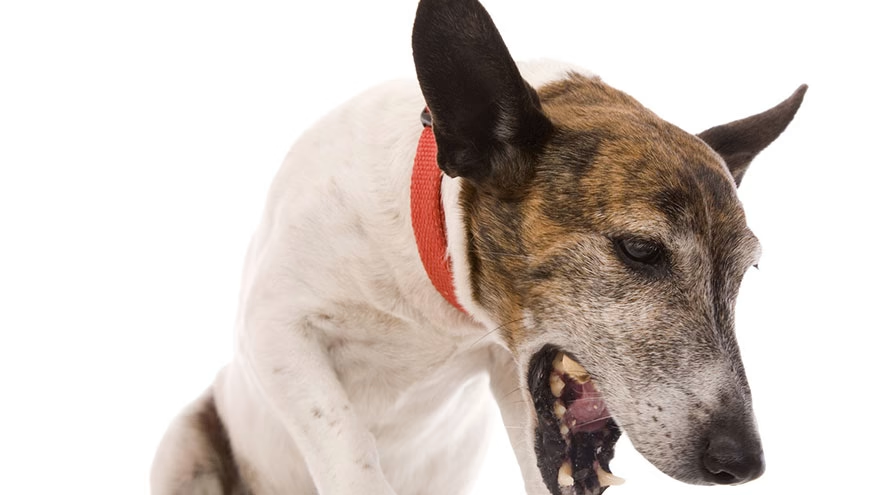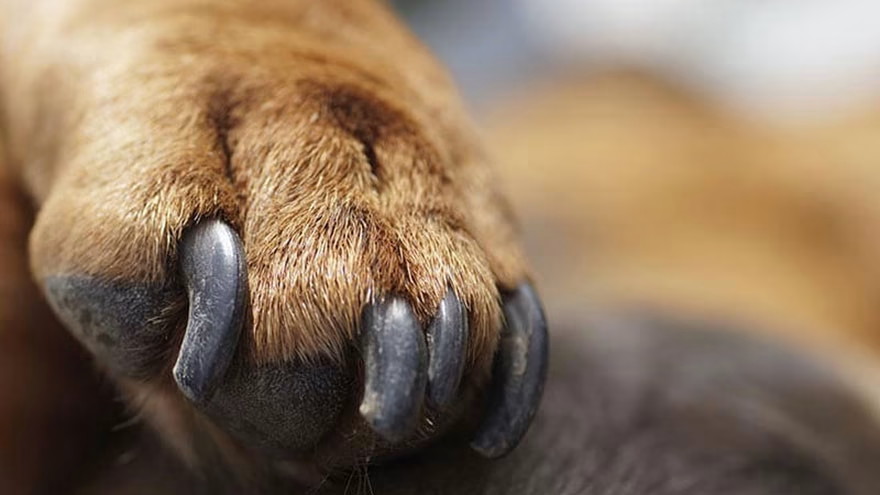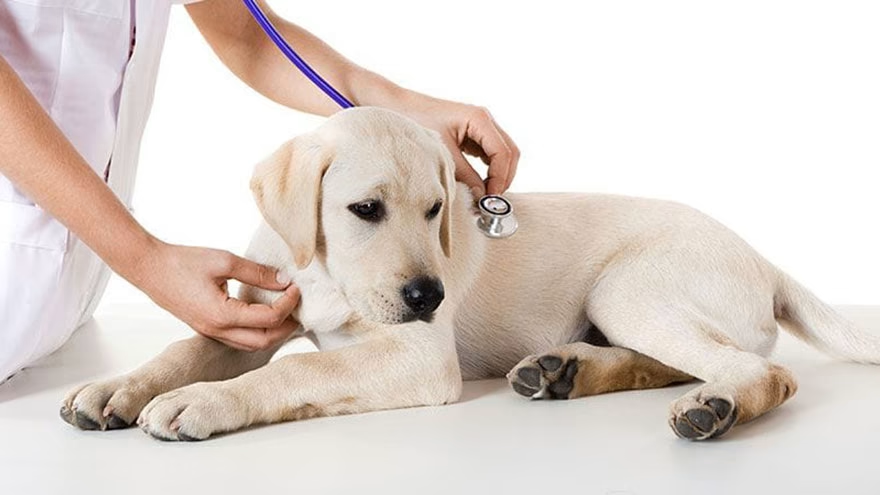Oftentimes, dog owners use the catchall term “hot spots” to describe skin sores, but hot spots are a specific ailment, and a wide variety of stimuli can cause sores that aren't technically hot spots. In all cases, skin sores warrant veterinary attention, to give Fido the best chances for rapid recovery.

Anatomy of a Sore
“Sore” is not a medical term; it is a popular term used to describe virtually any ulcer, lesion or inflamed spot of the skin. Most commonly, sores on dogs are reddened, inflamed areas. Some sores bear a crust. Some sores produce a discharge or appear wet, while others remain dry.Many cause nearby hair to fall out. In some cases, lesions or ulcers cause nearby skin to become discolored. Sores often cause dogs discomfort, causing them to bite and lick the sore sites obsessively.
Hot Spots
Typically, hot spots -- technically called acute moist dermatitis -
- occur when some type of irritant harms a dog’s skin. In response to the irritation, dogs often lick, chew and scratch the areas, causing the sores to grow in size. Virtually anything that irritates your pup’s skin can cause hot spots to develop, including allergens, flea bites or matted hair.
Additionally, dogs who frequently lick or chew their skin from boredom, anxiety or depression may develop hot spots. Hot spots are most common on the heads, hips and chests of dogs, but they can occur anywhere on a dog’s body. Long-haired breeds are often at the greatest risk for developing hot spots.
Infectious, Traumatic and Genetic Causes
In addition to relatively minor problems, such as those that cause hot spots to form, several serious illnesses can manifest in the form of skin ulcers. Mange -- both sarcoptic and demodectic varieties -
- frequently cause dogs to develop sores. Traumatic events, including drug injections, insect stings and burns, can also cause sores to form. Perhaps the most troubling causes for skin ulcers are any of several cancers, but a few serious bacterial and fungal infections can cause lesions as well.
Veterinary Assistance
Always take your dog to the veterinarian if he develops skin sores. Because a wide variety of illnesses and infections can cause sores to develop, it can be difficult to determine the reason for the challenge via visual inspection. Accordingly, your veterinarian will take samples from the afflicted area, and he may also take blood tests or examine the affected tissue microscopically. Once your vet has made a diagnosis, he can prescribe the appropriate treatment. The veterinarian may trim hair around sores to reduce irritation and accelerate the healing process.
Home Treatment
Once your vet has diagnosed the lesions, treat your dog exactly as directed. Your vet may recommend the use of an Elizabethan collar to prevent your dog from chewing or licking the wounds. Once the problem has been remedied, try to avoid similar problems in the future by keeping your dog well-groomed and employing a suitable flea and tick protocol. Additionally, if the sores are related to psychological or emotional factors, be sure to address them by providing more mental stimulation and reducing the time he spends away from the family.You Might Also Like :: Holistic Treatment for Dogs With Cancer





1 Comment
Leave a Comment